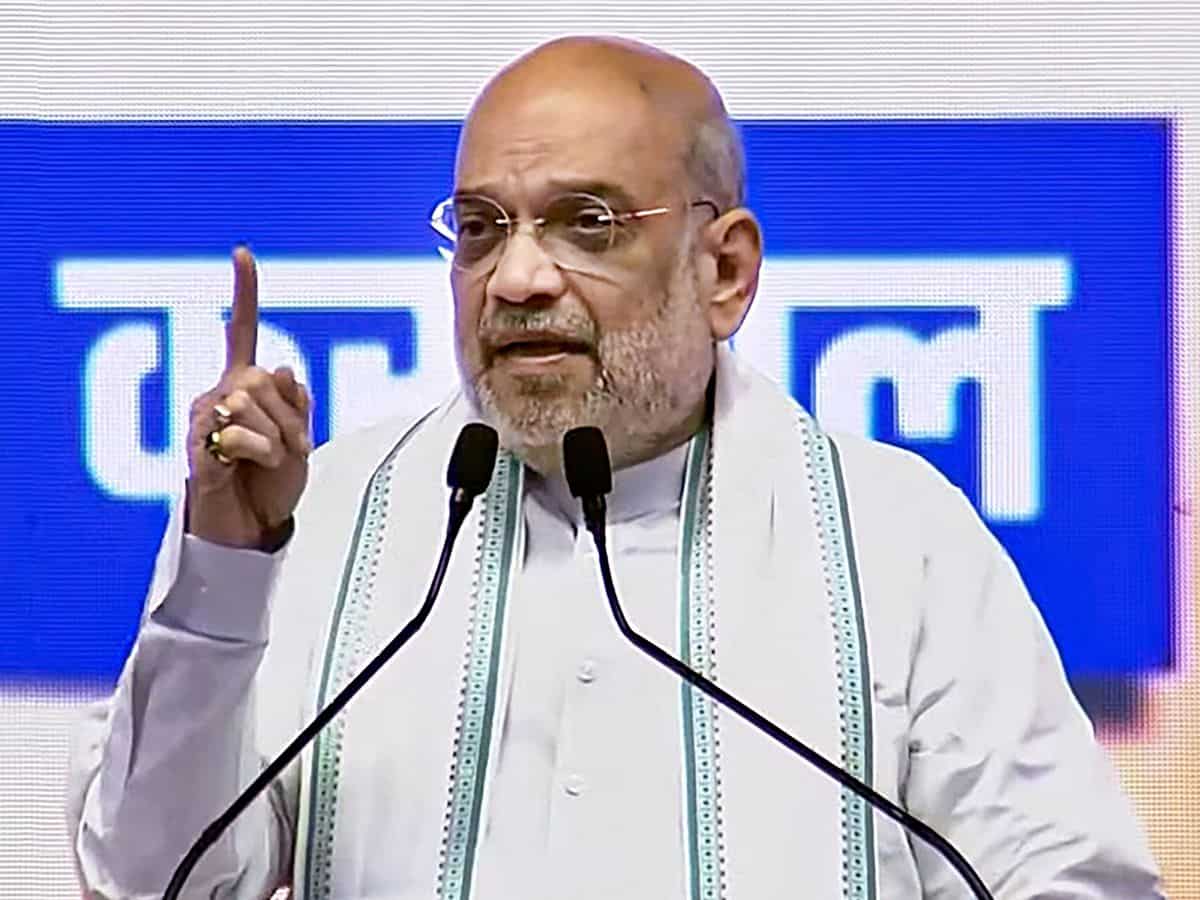
New Delhi: Following are the key points of the new criminal bill Bharatiya Nagarik Suraksha (Second) Sanhita passed by Lok Sabha on Wednesday.
It will replace the Code of Criminal Procedure Act-1898.
Major Changes:
*Magistrate’s power to impose fines is increased
*Scope of declaring proclaimed offender is increased. Earlier only 19 offences were included which did not include rape cases and now all offences having punishment for 10 years or more are included.
- The arrest of offences with a punishment of fewer than three years offense with the prior approval of the senior police officers.
*15 days police custody is allowed for the first 40/60 days of the detention period and this will not be a ground for refusal of bail.
- Procedure for forfeiture and attachment of proceeds of crime is introduced
*In-absentia trial introduced and it will be up to the delivery of judgment
*Zero FIR throughout the country introduced
*Electronic lodging of FIR introduced
*Preliminary Inquiry is introduced in offenses punishable from 3 years to less than 7 years
*Forensic aid in investigation introduced
*Provision for investigation of a serious offense by DSP level police officer introduced
*The meaning of bail has been simplified throughout the BNSS
*First-time undertrial is provided early release on bail
*Bail in acquittal cases is simplified
*First-time offender to be given relaxed punishment (one-fourth and one-sixth of such punishment) in plea bargaining.
- The timeline has been prescribed in many procedures and processes like- committal, discharge, etc.
- Audio video electronic means used for many processes and procedures to enhance transparency, accountability, and speedy justice – like a recording of evidence of witnesses, deposition of evidence by police officers, evidence of accused, evidence of public servants, scientific experts or medical officer, pronouncement of judgment etc.
*Scope of summary trial increased
*Videography of search and seizure is introduced
*Mercy petition related procedure is introduced
*Witness protection scheme is introduced
*Victim’s rights related provisions are introduced – Definition of ‘victim’ expanded, police officer to inform victim/informant about progress in the investigation, etc.
*Provision for not more than two adjournments introduced
*Public servant is protected against false/frivolous cases
*Deemed sanction provision is introduced
*The office of the Directorate of Prosecution is made more effective
*Handcuffing is introduced for heinous offenses
*Notice for appearance proforma introduced Evidence of public servants and experts are allowed through audio-video means
- In 35 places audio-video electronic/ videography means are introduced to infuse transparency and accountability in the delivery of justice
*In 35 places timeline is introduced to provide speedy delivery of justice.



